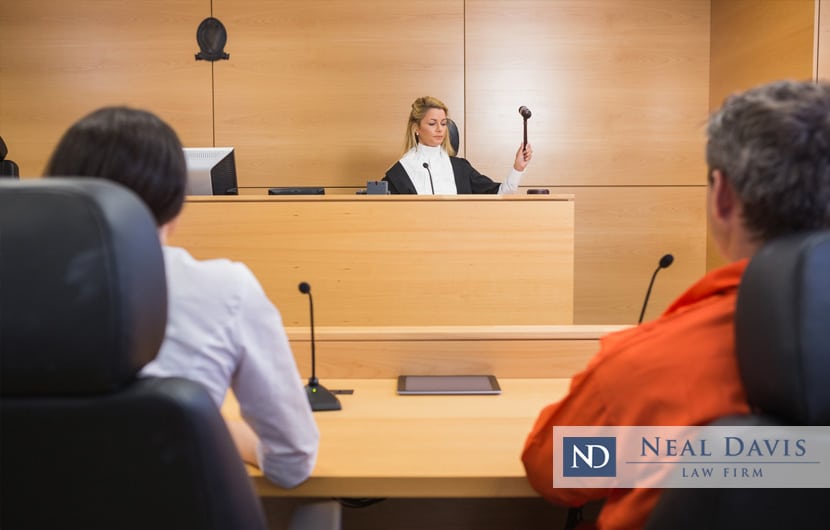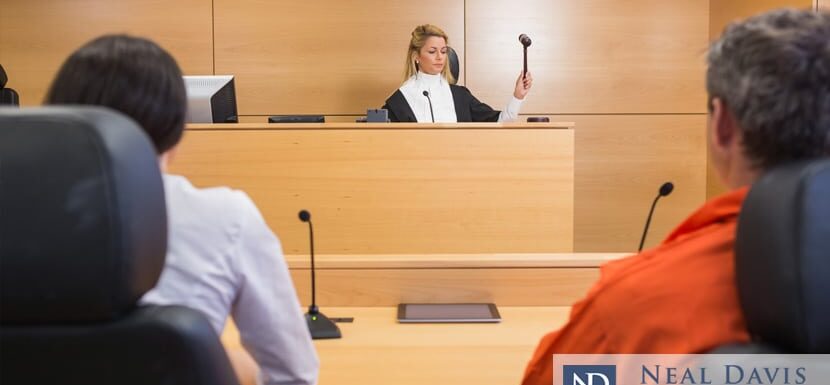
Persons who face accusations of criminal conduct should know that they can be both charged with a crime and face a civil lawsuit seeking damages for the same incident or incidents. In other words, a person can face both criminal and civil liability for the same conduct.
That is now the case for a former Little League Baseball coach in Southeast Texas who was arrested for sex crimes involving minors last December and, as of this month, also faces a civil lawsuit in federal court.
After his arrest in Jasper County, north of Beaumont, the man was charged with sexual assault of and indecency with minors, according to KMBT 12News in Beaumont. Later, he also was charged with continuous sexual abuse of a child. The alleged crimes took place over several years.
The man is being held in Jasper County Jail, where his bonds—based on charges brought in Sabine County as well as in Jasper County—total $6.5 million.
Now, he and his wife, who’d been an assistant Little League coach, also face a civil lawsuit by families of 8 alleged victims.
The families’ lawsuit was filed in the United States District Court for the Eastern District of Texas. Their lawsuit also targets Little League Baseball, Inc., Texas District 12 Little League and Evadale Little League.
The lawsuit accuses Little League Baseball of enabling the former coach to groom players before sexually assaulting them. It cites a lack of oversight and training by Little League Baseball.
“Defendants failed to enforce safety precautions to guard against the foreseeable risk of sexual assault in the context of Little League Baseball,” the lawsuit says. “Defendants failed to comply with their duties and obligations to implement safety awareness, education and training to protect minor Plaintiffs.”
Little League Baseball said in a statement that it would not comment on the situation due to the pending litigation.
What’s the difference between criminal and civil cases?
As for how criminal and civil cases are different, even though each stems from the same alleged incident or incidents, a criminal case involves an offense against the state, or society as a whole, when a state’s criminal laws allegedly are broken. By contrast, a civil case involves a dispute between individuals or organizations in terms of their legal obligations and duties.
A criminal case is prosecuted by the state, with a prosecuting attorney filing the case in court. For a civil case, the party that claims to have been wronged files their own lawsuit in court.
Punishments for a criminal case can involve time in jail or prison and fines. A civil case does not involve prison or jail time. Rather it seeks monetary damages to be paid by defendants or an order against defendants to do or not do something, which is known as an injunction.
Sending a person to prison is considered to be of greater consequence than requiring them to pay for monetary damages. Because of that, defendants in a criminal case have more legal protections, and the charges against them are more difficult to prove than claims made in a civil lawsuit.
In general, to be found guilty of a criminal charge, such guilt must be proven “beyond a reasonable doubt.” This is a higher standard of proof than a civil case, which must be proven by a lower standard of proof known as a “preponderance of the evidence.” This standard basically means that it’s more likely than not that something happened in a certain way.
Criminal defendants also have certain protections that defendants in a civil case don’t have. For example, a criminal defendant has protections against illegal searches and seizures, which are provided by the 4th Amendment to the U.S. Constitution. Such protections are not available to defendants in a civil case.
In addition, a criminal case almost always allows for a trial by jury, while a civil case may involve a jury but often is decided solely by a judge.
In a criminal case, a defendant always is entitled to an attorney. If the defendant cannot afford an attorney, the state will provide one for him or her.
In a civil case, a defendant does not have a legal right to an attorney, so if they can’t afford one, they must represent themselves.
You may win against a criminal charge yet lose a lawsuit
Criminal and civil cases are handled in different courts, and defendants can lose in one and win in the other.
One high-profile example of this involved former football star and actor O.J. Simpson.
In his trial for murdering his wife and her friend, Simpson was found not guilty since the jury said guilt had not been proven beyond a reasonable doubt. But in a related civil lawsuit for wrongful death, he was found responsible for the murders due to the standard of a preponderance of evidence, meaning he was more likely than not to have been responsible.
Houston Texans quarterback Deshaun Watson, who faces 22 civil lawsuits for alleged sexual misconduct, does not also face a criminal charge.
Get the best Houston defense lawyer for your criminal case
If you face a criminal charge in Harris County, Fort Bend County or Montgomery County, you should get the best Houston-area criminal defense lawyer you can find.

